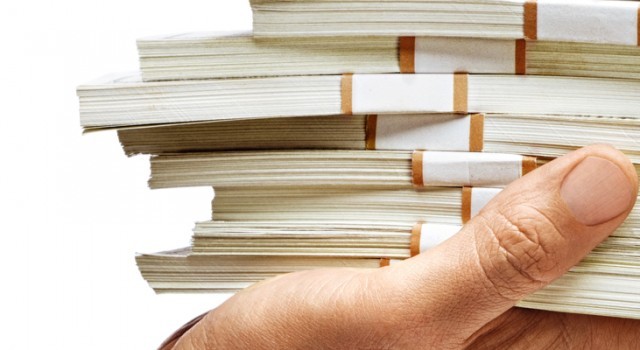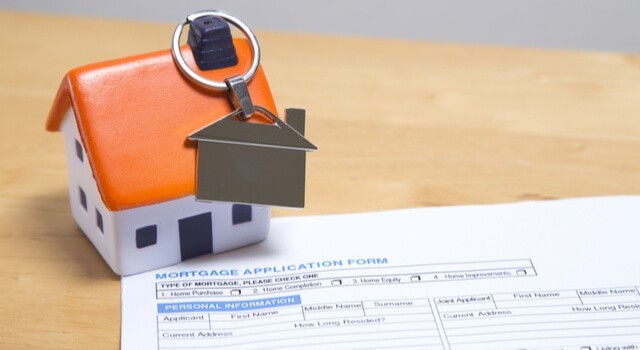Quickly clearing your debts allows you to take control of your financial situation and start saving for the future. Once you’ve cleared your debts you can put the money you were using to repay, towards an emergency fund that helps prevent debt in the future, or to start a nest egg.
But what processes are available in Scotland that enable you to escape debt when you’re under huge financial strain? These are the three main debt procedures that could help you clear your debts.
What is the Debt Arrangement Scheme (DAS)?
The Debt Arrangement Scheme, or DAS, allows you to repay your debts in full over a longer period of time than was stated in the original agreement or contract. Interest and charges on the debts are also frozen when you enter DAS, but the process does require you to earn a regular income.
The time it takes to clear debt via the Debt Arrangement Scheme varies according to the amount of debt you have outstanding and the income available to you. A DAS administrator formulates a debt payment plan and you benefit from having no charges or interest added to the amount you owe, as well as a break from creditor pressure.





